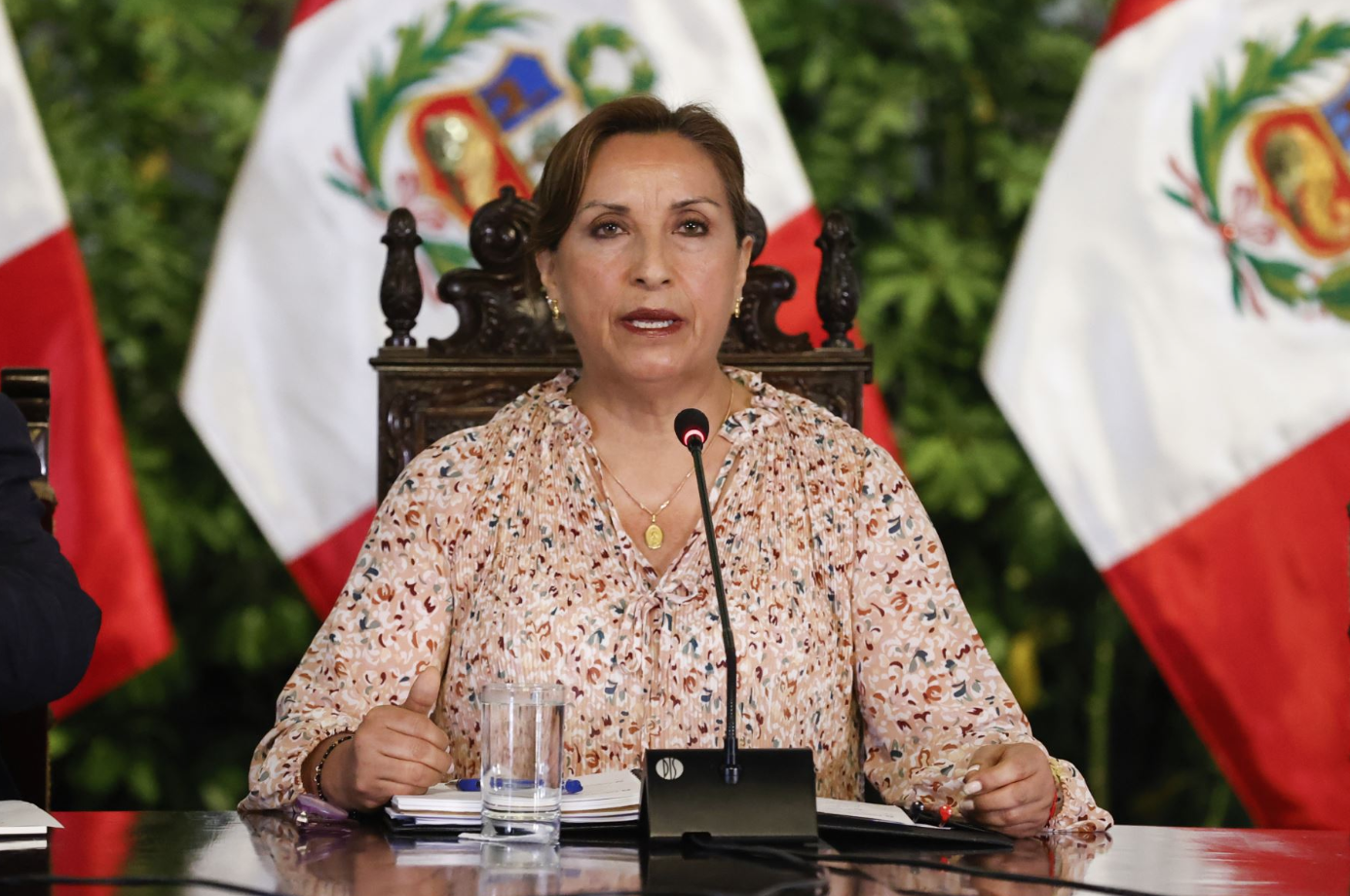Already in its third month, the government of Dina Boluarte leaves little doubt about its profile. More than the discourse, are the facts that define it as an authoritarian government that responds harshly to the protests demanding its end. On the contrary, the president seems to be on track to remain in office until 2026, while her words put the onus on Congress to shorten her mandate and call general elections.
The repression has so far resulted in more than fifty deaths, which prosecutors are slow to investigate. Investigative journalism has helped shed light on some of the cases showing how the army and police have shot to kill. An investigative work by IDL Reporters investigated in detail the way in which several civilians died on December 15, 2022, when they were shot by rifles in Ayacucho. That episode inaugurated weeks of violent repression that later spread to the Puno’s region.
Although the deaths have occurred mainly in the countryside, the murder of Victor Santisteban also took place in Lima. Two videos have been circulated about this case. One of them leaves no doubt about how a policeman fired a tear gas bomb at point-blank range at the victim when he was standing on a street without any wrongdoing.
The three right-wing parties represented in Congress support these actions and several conservative media outlets. Moreover, the Avanza País Party has raised the need to grant amnesty to military and police officers responsible for the deaths that have occurred during the repression of the protests. In the words of one of its leaders, Aldo Borrero said: “One of our greatest concerns is the National Police of Peru and our military […] we believe that we must have defense mechanisms for all of them. We have even proposed to the President an amnesty for all police and military in the range of time that there have been demonstrations. We cannot abandon them […] when Peru needed them the most, they came to the front and defended our democracy”.
The national justice system must judge the crimes that law enforcement personnel may have committed during these weeks of repression and, if their decisions are acquitted, they could be taken to the Inter-American Human Rights System.
Anticipating that possibility, a representative of another right-wing party, Renovación Popular, retired admiral Jorge Montoya, has written to President Boluarte to request the withdrawal of the Peruvian State from the contentious competence of the Inter-American Court of Human Rights (IACHR). According to the text, national sovereignty “cannot be subjected to the judgment of a foreign entity”, given that, he affirmed the members of the IACHR Court are “designated through obscure procedures managed by leftist NGOs”. He added, with the withdrawal of the American Convention on Human Rights (a measure already adopted by dictator Alberto Fujimori in 1999), the death penalty could be reintroduced in Peru.
Mario Vargas Llosa has expressed his support for Boluarte’s administration, making only one mention (“that agitation”) of the protests, but without referring to the deadly toll, a product of the government’s actions. “You have been exercising your position in a precious way, with the support of an important number of Peruvians. Allow me to congratulate you as well for that”, wrote the Peruvian Nobel Prize winner in a letter sent to the President.
The right wing appears, therefore, to be backing Boluarte’s government and trying to chart a tough line for it. The president’s messages and statements to the press show her as someone who does not fully understand the situation she faces, yet she is determined to remain in office as long as possible, even if she has to resort to renewing and extending the state of emergency in the regions with the most protests. However, her approval rating was 18%, according to an IPSOS poll in the first half of February (while that of the Congress that supports her was 11%).
The board of directors of the National Assembly of Regional Governors, together with the board of the Association of National Universities of Peru, has raised the need for Boluarte to resign from office and thus force the president of Congress to call for elections. Despite these demands, the protests, and the majority rejection shown in opinion polls, she remains in office.
Meanwhile, there is an increase in the confrontation between two irreconcilable sectors in social networks. One of them considers that the vacancy of Pedro Castillo in the Presidency (such vacancy was declared by the Congress on December 7, 2022) was a coup d’état, ignoring the fact that it was precisely Castillo who, hours before, attempted a self-coup that closed the Congress and intervened the justice system investigating him for corruption.
The other sector affirms that the protests and demonstrations that have been going on for more than two months result from communist agitation and extremism, supported by Evo Morales and, in some more delirious version, by Venezuelan and Cuban hands. Showing the utmost contempt for the ethnic affiliation of the protesters, many messages do not show the slightest reservation in demanding that they be shot as a drastic way to put an end to protests that block roads and carry out attacks on public and private premises.
In the midst of this polarization, the calls for dialogue made by well-intentioned voices such as that of former President Francisco Sagasti fall on deaf ears. If there is no significant change in the situation of the country, it may be heading, with this government or another that replaces it, to the establishment of an authoritarian regime that will only be able to re-establish the order demanded by far-right sectors at a very high cost in human lives. Perhaps a preventive and vigorous reaction from the international community could avoid this situation.
*Translated from Spanish by Janaína Ruviaro da Silva












